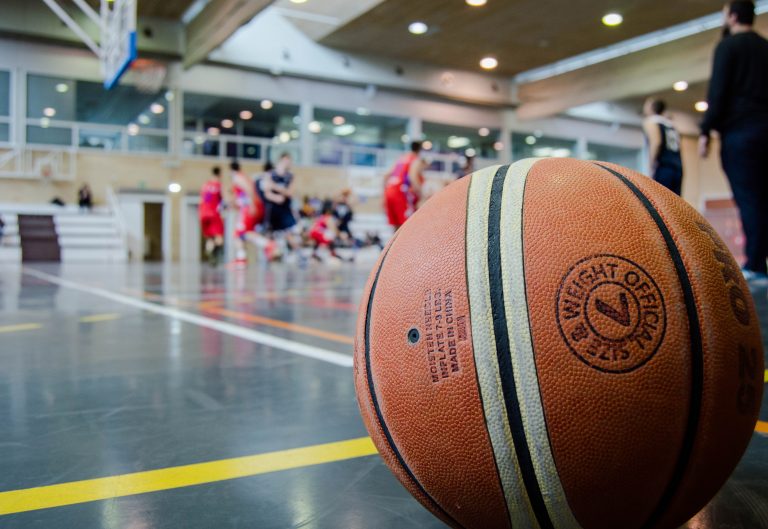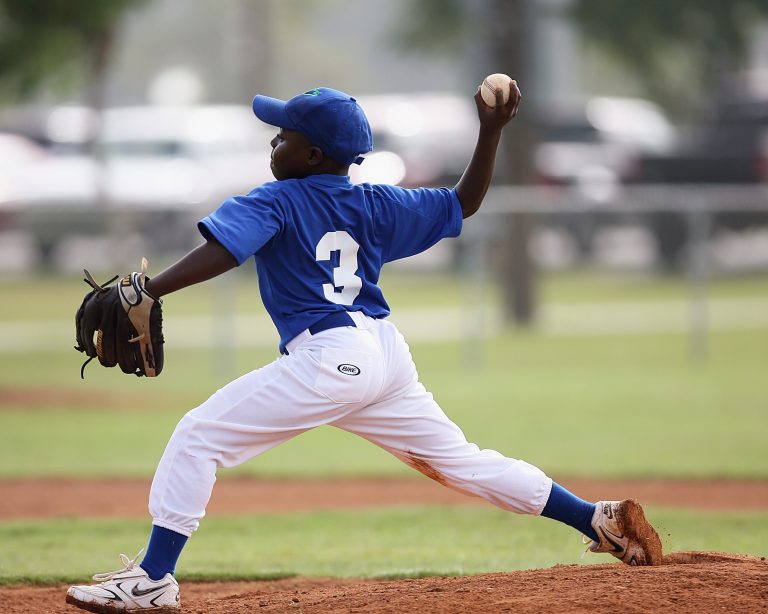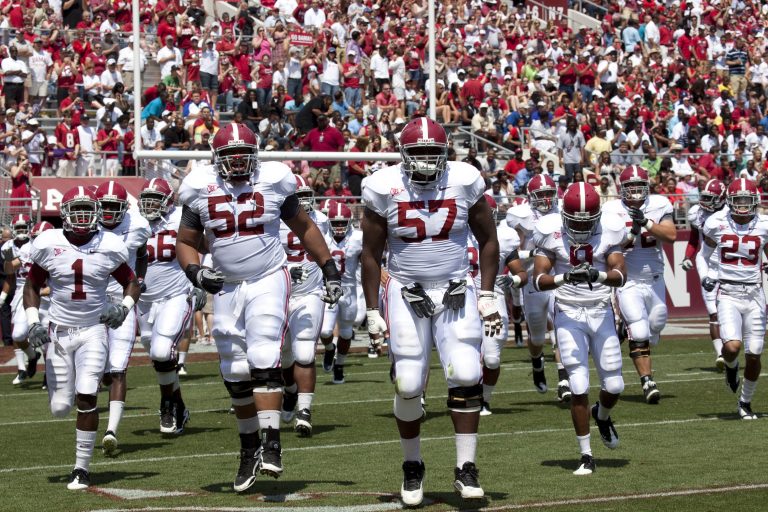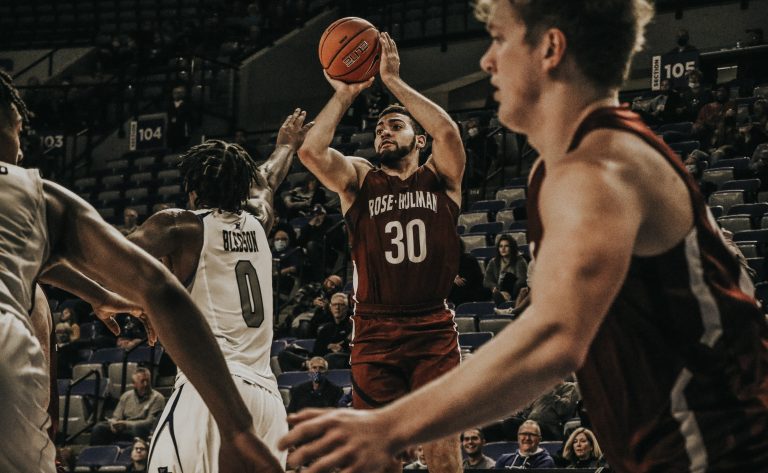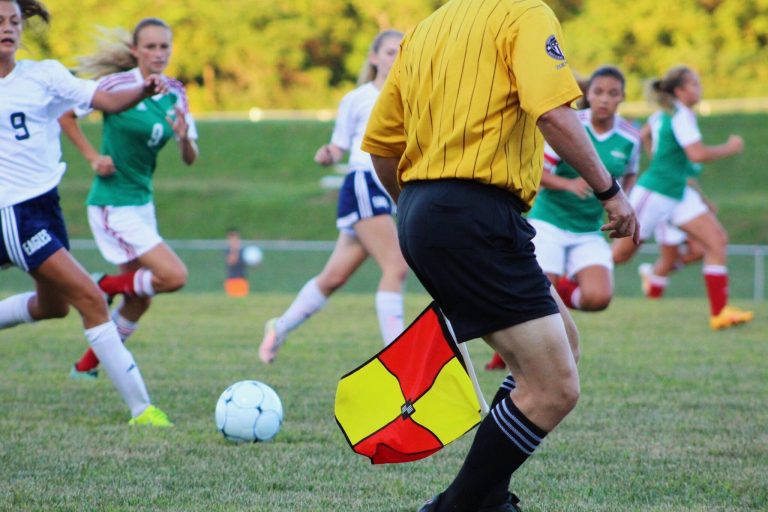USA Swimming Dominates the Pool, But How Diverse is the Prestigious Team?
Swimming is undoubtedly one of the most popular Olympic sports to watch when the summer Olympics comes around every four years. And it seems that every four years, the U.S. Olympic swim team dominates the pool. According to Bleacher Report, U.S. swimmers won the most medals at the 2020 Tokyo Olympics than any other country “by far.” Out of 111 total swimming medals that are given out from having 37 events, 30 of the medals given out were to U.S. swimmers. The success of the U.S. swim team is undeniable. However, the success in the pool often overshadows the visible lack of diversity that U.S. Swimming has long struggled with.
What does the Data Say About USA Swimming Diversity?
According to data from the USA Swimming 2020 Diversity Scorecard, only 12.06% of athletes for the National Teams (mens and womens) were people of color.
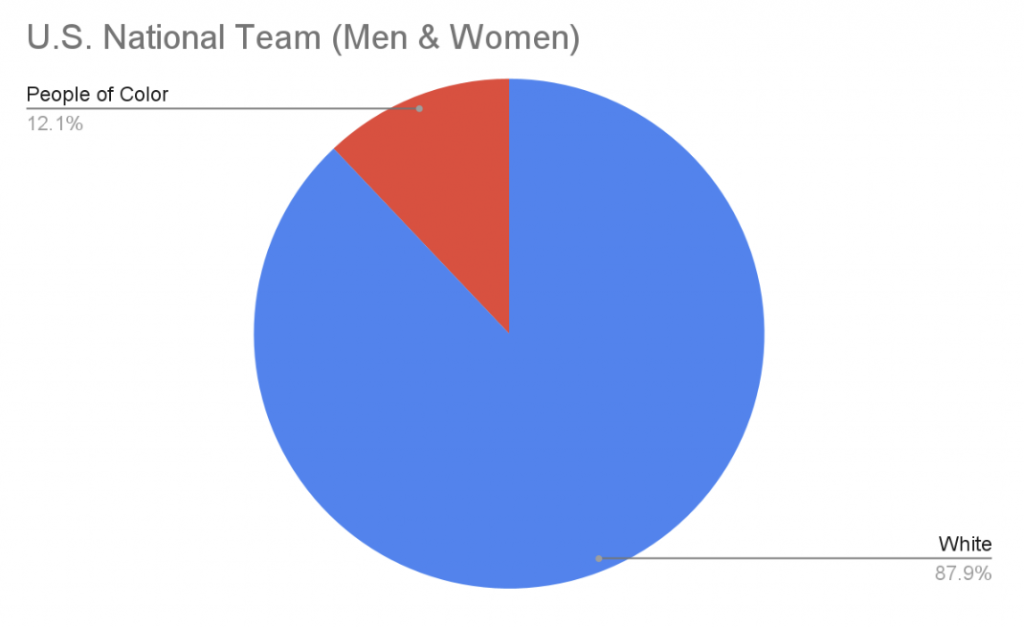
How is USA Swimming Addressing These Issues?
USA Swimming has a massive problem with diversity. However, they have been taking steps to address the issue actively. According to an article from SwimSwam in 2020, USA Swimming has formed two new committees “focused on providing strategic guidance to USA Swimming staff and other sport leaders concerning equity, diversity, and inclusion.” The first committee is the Black Leadership in Aquatics Coalition (BLAC) is comprised of both past and present U.S. national team swimmers. Its mission is to be “the aquatics leaders of the Black Voice and impact the sort of swimming through exposure, resources, and mentorship.” The second committee is the DEI Council which consists of members of the U.S. swimming community and aims to provide diverse consultants who give feedback to USA swimming. The BLAC committee includes Olympic gold medalists Cullen Jones and Simone Manuel.
How Has Simone Manuel Impacted USA Swimming?
Simone Manuel has had a significant impact on swimming through her success on the U.S. Olympic Swim Team. Her most notable accomplishment is when she won the women’s 100m freestyle at the 2016 Rio Olympics, becoming the first Black woman to win an Olympic gold medal in swimming. She has a total Olympic medal count of 2 gold, 2 silver, and 1 bronze. Outside of the Olympics, she has won several world titles. Only fellow American swimmer Katie Ledecky holds more career swimming world titles.
Simone has faced many hardships in swimming, especially as a child. Being a young black child in a sport that is predominantly made up of white children is not easy. It was challenging for her. In an interview with People magazine in 2020, she said, “I think through it all, what I learned was Black people can swim, we just weren’t given an equal opportunity to be successful in the sport.” Simeone Manuel is a trailblazer and role model for many black and brown kids. But the burden that has been placed on her is unfair. According to an NBC Sports article, Simone said she often gets asked questions from reporters about race and diversity in the sport of swimming. In response to this, she has said:
“When I’m in a press conference and I’m asked, ‘Simone, you champion diversity, inclusion and equality. Why is that important?’ I genuinely believe that every other swimmer that is next to me whether they’re white, Black, Asian, they need to answer that question.” – Simone Manuel
The burden should not be placed solely on Simone to advocate for things such as more diversity in competitive swimming. It should be up to all of us to consistently advocate for change until it is achieved.
What Can USA Swimming Do?
The lack of diversity in U.S. Swimming stems from the very bottom of the competitive swimming system. U.S. Swimming must invest heavily in teaching young children of color how to swim, first and foremost. This is a massive undertaking that will undoubtedly help increase competitive swimming diversity. Children have to know how to swim to compete in the sport. Unfortunately, children of color are much less likely to know how to swim compared to white children.
Conclusion
Additionally, the access to pools for swimming must improve, especially for children who come from a lower socioeconomic background. Children of color are disproportionately affected by the lack of access to swimming pools than white children. By increasing access to swimming pools, there would likely be a positive change in the diversity of competitive swimming. U.S. Swimming has taken some steps to address these issues. Hopefully, with due time, we will see more children of color pursue their dream of becoming Olympic swimmers.
